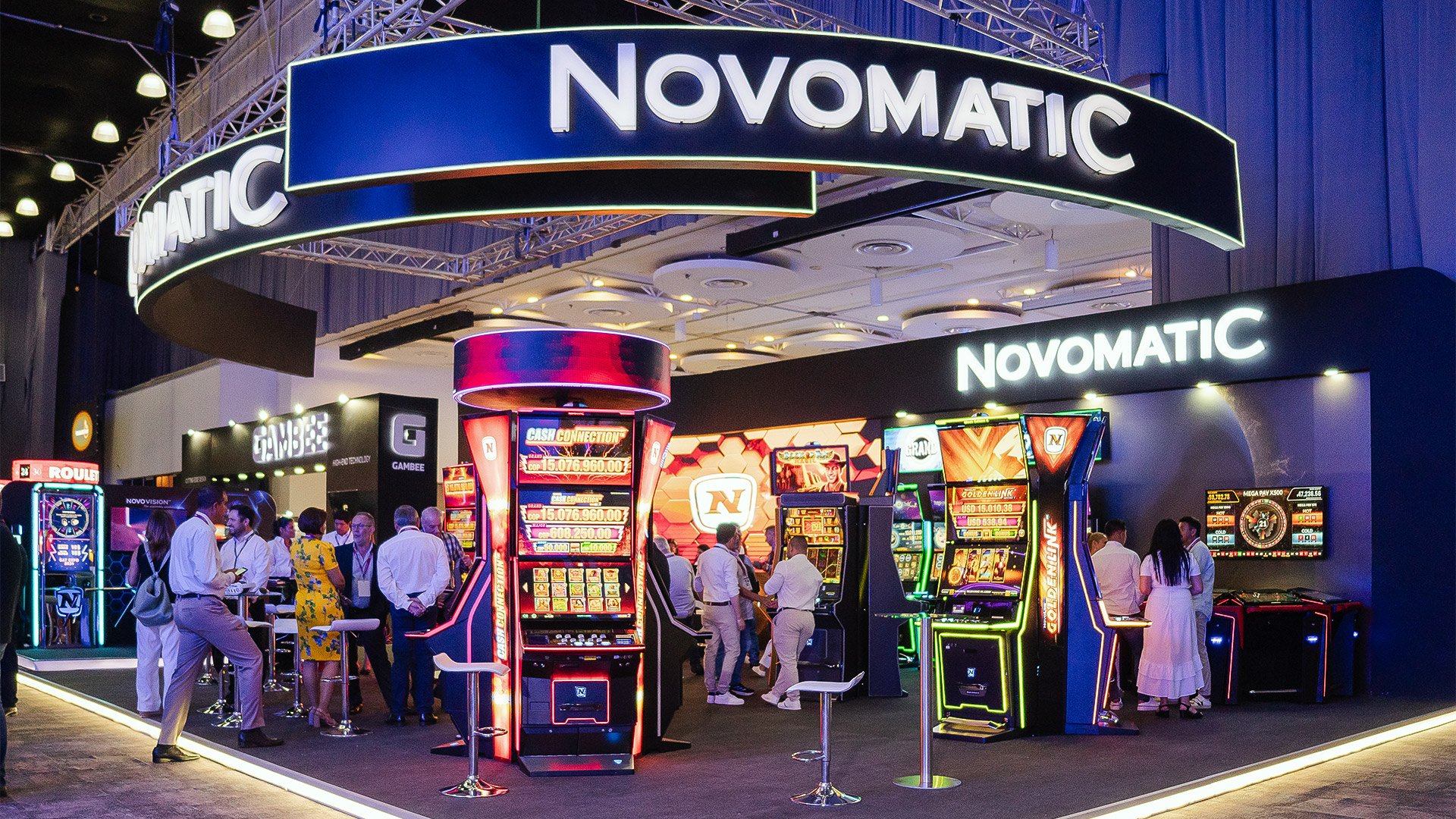The Chilean Casino Association was created last week

Although casinos have been inaugurated within an unprecedent global economic crisis, the movement has started to improve in the latest weeks and operators have great expectations to see the new customers that enter to the gambling venues for the first time.
Visitors are mainly ABC1 and C2 sectors, elegantly dressed, in the style of traditional European casinos.
Casinos are getting to know and educating their customers, and want them to have a nice time so they return and a casino culture is generated. One of the leaders of the sector said: "This is the moment in which more food and drink we have sold. It is cheaper to sit in a bar with a drink than to sit in a slot or in a table game, but people what to have a good time anyway.”
According to information from the Casino Superintendence, the Chilean player has an average bet of us$ 43.75, mainly in gaming machines that have a minimum percentage rate of return of 85%.
However, the new casinos are in disadvantage with regards to the operation of the so-called game machines of skill. In the city of Talca there are around 3,000 machines of this kind, and a thousand more are installed in bakeries, stores and gaming centers, including the capital of the country, Santiago, where the law does not allow casinos.
Operators feel that they are in disadvantage with regards to other businesses of the sector due to the obligation to charge an entrance fee, which is a fee that benefits directly to the state, and the obligation to maintain bingo halls, that do not bring much benefit to the casino and involve additional expenses. Casinos pay a 20% in gaming taxes plus 19% of VAT.
Casinos are centers of attraction with their hotels, restaurants and cinemas. People returned, but sales are bigger in food than in bets. U$S 25.8 million were the gross income of the eight new casinos last year. Local governments and councils in which casinos are located share taxes in equal parts.

















